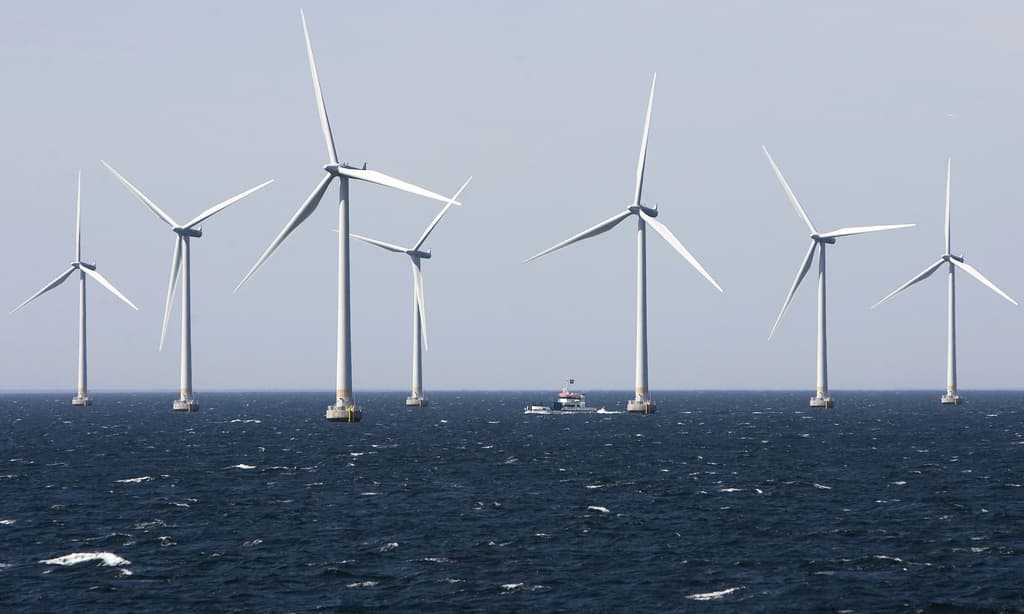It is a unique situation in Skåne, which requires unique measures, the money is there, says Sydsvenska Handelskammaren's CEO Per Tryding, addressing the government.
And the money he is referring to is Svenska kraftnät's so-called bottleneck fees, tens of billions of kronor, funds that can be used to make electricity transmission more efficient.
In Need of More Self-Generated Electricity
According to a new report from Energiforsk, owned by the Energy Industry and Svenska kraftnät, electricity will become 40 öre more expensive per kilowatt-hour in southern Sweden, and approximately half in the rest of the country, if no new electricity is added by 2030, either in the form of new electricity production or new electricity transmission. A consequence will be up to 200,000 fewer jobs in Sweden than if the Skåne region can increase its self-sufficiency in electricity from 15 to 50 percent, according to the Chamber of Commerce's starting point.
New offshore wind power accounts for a large part of the new additions in southern Sweden, according to the scenario. When Vattenfall stops its Kriegers Flak project, either permanently or temporarily, about a quarter of the projects in the pipeline disappear, according to Per Tryding.
Maybe Ten Öre
It's not everything. But it's a decent bite of the apple, he says.
It would maybe mean 5-10 öre more expensive electricity than otherwise, he reasons.
And for the people of Skåne and companies that want to invest, patience is wearing thin. This summer, electricity has often been several hundred percent more expensive in southern Sweden than in the rest of the country. And it's because electricity area 4 has the worst electricity balance in all of Europe, with a large deficit, entirely dependent on imports, often more expensive ones from further south.
Energy Minister Ebba Busch defends the government's policy by saying that other offshore wind power projects apparently manage without government help with electricity cables out to sea.
Nuclear Power No Solution
They say that sometimes when it suits them. But it's not the government's order regarding nuclear power then. That they manage. It's just that unfortunately, Swedish politics is still stuck in the power struggle debate, says Per Tryding.
Nuclear power solves no problems in the next ten years.
That's my second point. These are measures intended to take place before 2030.






